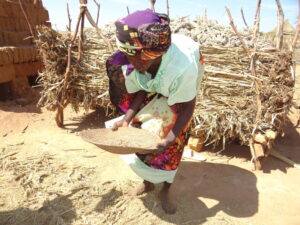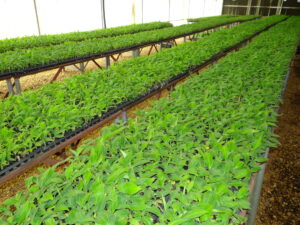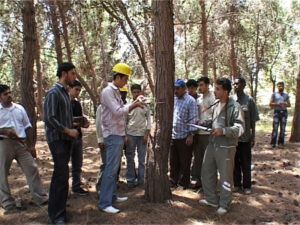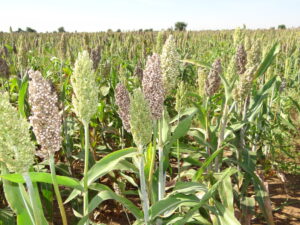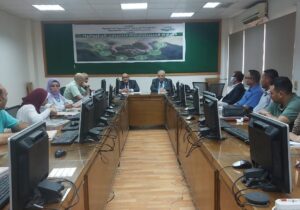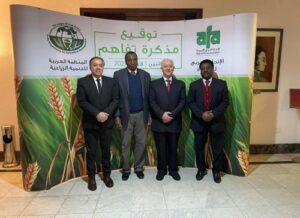
On the morning of Sunday, July 13, 2025, the national specialized training course on Organic Agriculture and Environmental Balance was launched at the headquarters of the Arab Organization for Agricultural Development’s Regional Office for the Mashreq Region, located in the Jordanian capital, Amman.
The course, organized by the Arab Organization for Agricultural Development (AOAD), is being held from July 13 to 17, 2025, with the participation of 28 trainees representing staff from various departments and centers of the Jordanian Ministry of Agriculture, the National Center for Research and Development under the Higher Council for Science and Technology, as well as representatives from the Agricultural Research Center and several agricultural cooperative associations. Participants come from diverse agricultural and plant-related disciplines.

The opening remarks of the course emphasized the importance of organic agriculture in enhancing food security and preserving environmental resources. The statement also praised the efforts of the Arab Organization for Agricultural Development in building the capacities of Arab professionals working across various fields of sustainable agricultural development.

The course program includes intensive training that combines both theoretical and practical components. It features scientific lectures on the concept of organic agriculture as a farming system based on the use of natural materials, avoiding chemical fertilizers, pesticides, and genetically modified organisms (GMOs).
The course covers the fundamental principles of organic agriculture, including:
Reliance on natural materials, such as the use of organic fertilizers like compost and green manure instead of chemical fertilizers.
Biological control, which involves using microorganisms and beneficial insects to manage pests and diseases.
Crop rotation, aimed at reducing soil depletion and enhancing its fertility.
Preservation of biodiversity, by promoting plant and animal diversity on the farm.
Avoidance of genetically modified organisms, meaning no use of genetically modified seeds or plants.

The program also includes lectures on the laws and regulations governing organic agriculture, the steps and planning required to transition to and establish organic farms, as well as success stories and experiences from Jordan. In addition, the course addresses topics related to marketing and the application of recent scientific developments in the field of organic agriculture.

At the conclusion of the course, participants’ performance will be evaluated to assess their understanding of the acquired knowledge and their ability to apply it in their professional contexts. Additionally, a digital communication group will be established to facilitate the exchange of experiences among participants, instructors, and the regional office, contributing to ongoing communication and knowledge transfer in the field of organic agriculture.



